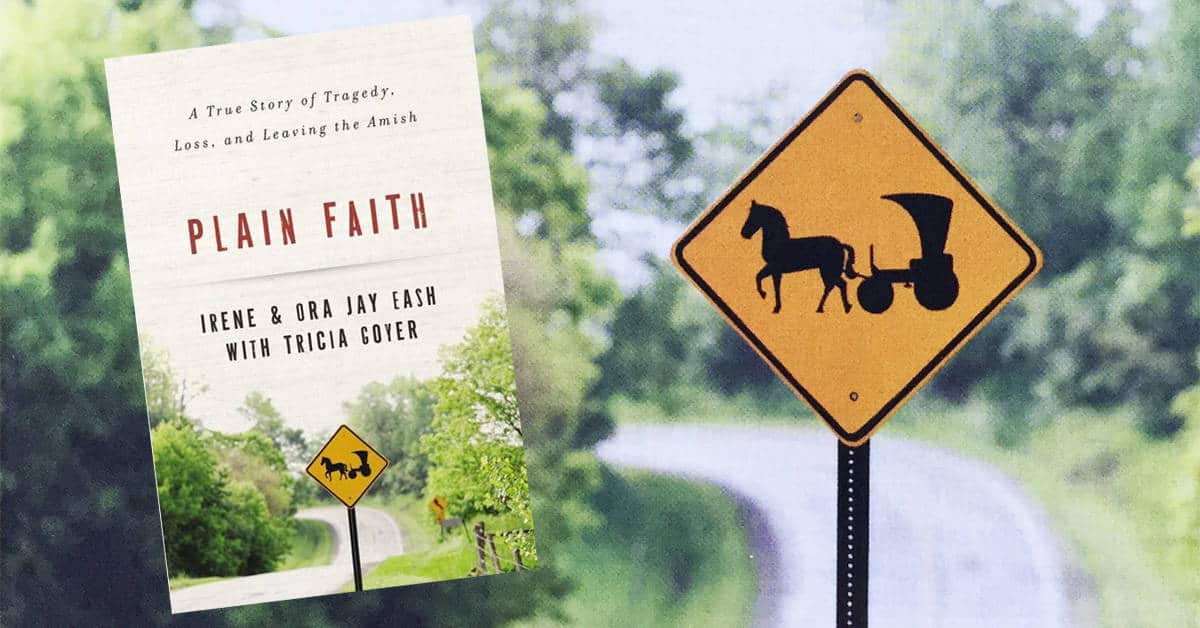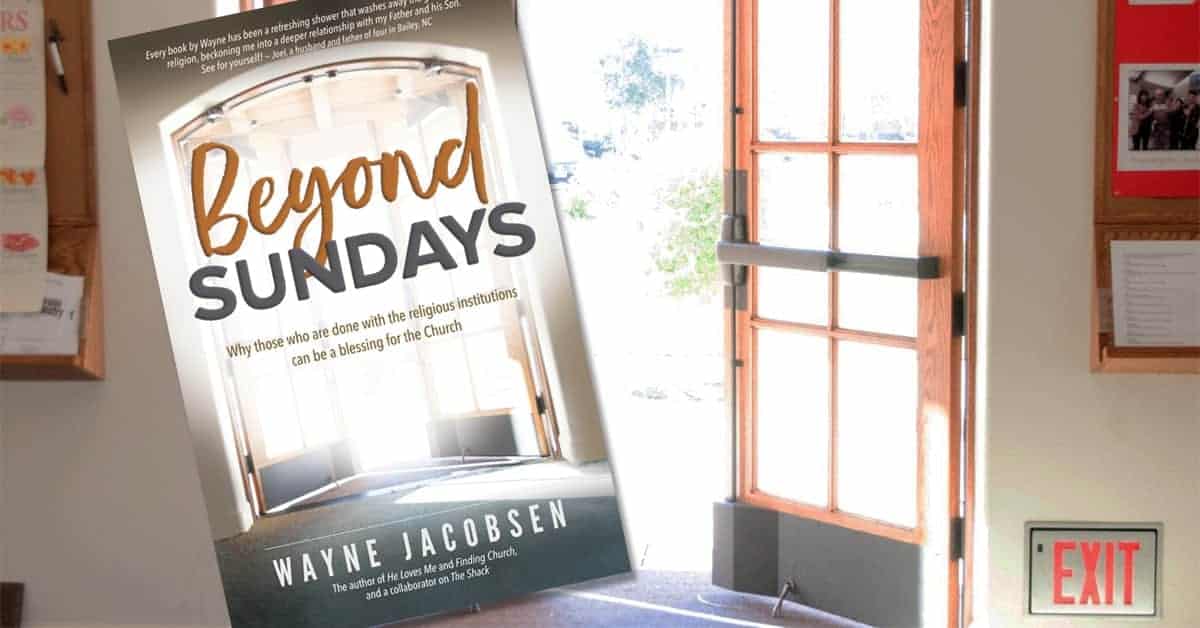Still hanging out in Wisconsin, headed for Duluth, Minnesota tomorrow. Having an awesome time with some wonderful folks on this journey.
I received an email the other day with some quotes in it from Barbara Brown Taylor who has written an autobiographical book called Leaving Church. She’s come from a very different tradition than I did—as clergy for the Episcopal Church. But she didn’t find it to be all that she expected it to be. Now I haven’t read her book yet, but I loved the quotes that were sent to me. I’m not sure how quickly I’ll get to read the book, but thought I’d share some of her insights with you.
The first quote is about people who get stuck in church meetings but never engage God as a personal reality:
“(For some) God was the boundless lover, but for many people God was the parent who had left. They still read about him in the Bible and sang about him in hymns. They still believed in his reality, which made it even harder to accept his apparent lack of interest in them. They waited for messages from him that did not arrive. They prepared their hearts for meetings that never happened. They listened to other Christians speak as if God showed up every night for supper, leaving them to wonder what they had done wrong to make God go off and start another family.” (Leaving Church, pp 74-75).
And then this from a collection of her sermons entitles, Home by Another Way.
“So if you want to know who today’s Pharisees are, here are some of the questions to ask. Who are the religious people who follow the traditions of the elders, and who – on the basis of that tradition – believe they can tell the true prophets from the false ones? Who are the guardians of the faith, the fully initiated, law-abiding, pledge-paying, creed-saying, theologically correct people who can spot a heretic a mile away?
According to John, these are the people to watch out for, because they think they can see. Furthermore, they think they can see better than other people, and they are not shy about telling you that you are not really seeing what you think you see, or that what you are seeing is wrong. They do not do this to be mean, either. They do this because they love God and maybe even because they love you too. They are doing it to protect you from believing the wrong things.”








I read Taylor’s book last year, and I was a bit disappointed at the time that she didn’t really seem to come to any conclusions. From where I sit now, though, I can appreciate her journey a bit more. She writes from where she was and ends where she is. She doesn’t know what the future will hold. It leaves the book a bit open-ended, but then, the ending hasn’t happened yet…
I read Taylor’s book last year, and I was a bit disappointed at the time that she didn’t really seem to come to any conclusions. From where I sit now, though, I can appreciate her journey a bit more. She writes from where she was and ends where she is. She doesn’t know what the future will hold. It leaves the book a bit open-ended, but then, the ending hasn’t happened yet…